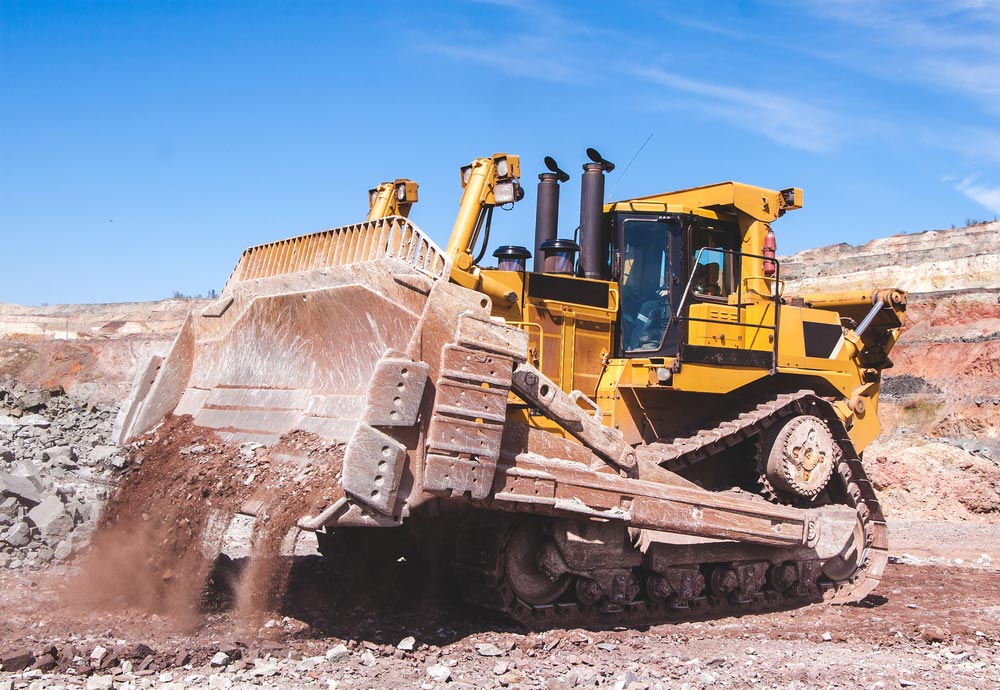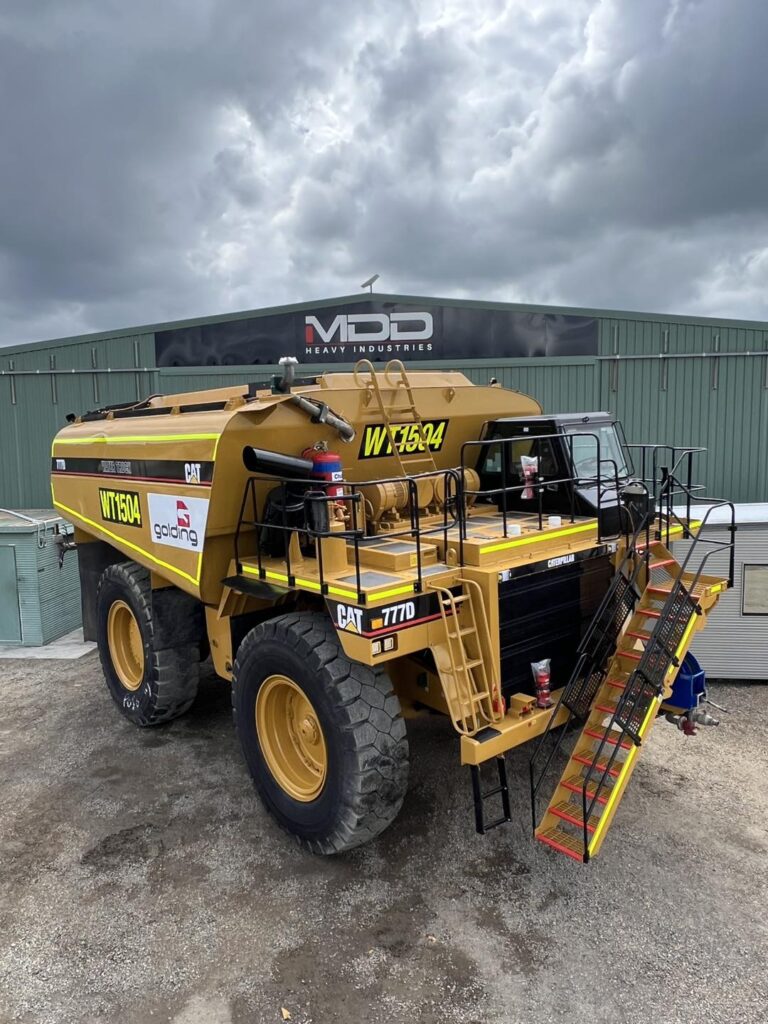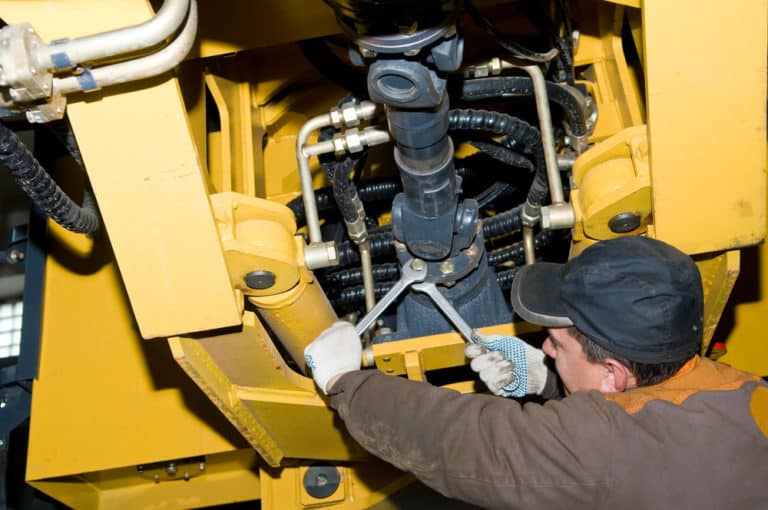Heavy machinery maintenance and repair is essential for enabling industrial pieces of equipment to continue functioning again in the event of a breakdown. There are two main types of heavy machinery maintenance;
- Preventive maintenance is the routine and scheduled upkeep for heavy machinery. It helps to ensure that the equipment remains functioning by incorporating early inspection, diagnosis, and repair to prevent minor malfunctions.
- On the other hand, reactive maintenance occurs after the piece of heavy equipment displays malfunctions. Its main goal is to bring the equipment to its previous working state as quickly as possible. It may also include emergency repairs, which are often more costly than planned routine servicing.
While most pieces of heavy machinery will require repair after a certain period, several factors determine the frequency of repair. They include;
1. Age of the Equipment
Heavy machinery is susceptible to wear and tear over a certain period, no matter how well you take care of it. Generally, heavy equipment has a life span of 10 years. However, it can last 15 years or more in some cases and ideal settings.
You are likely to schedule more repairs for your piece of equipment as it ages. Moreover, an older piece of equipment may take longer to repair than a new one.
2. User Error
User error contributes significantly to heavy machinery breakdown and repair. Therefore, it is vital to ensure that your employees are well-versed in operating your heavy machinery to avoid additional costs.
A piece of heavy machinery that broke down due to human error may take some time to repair. Unfortunately, most equipment warranties do not cover repairs due to operator error.
3. Maintenance
Regular maintenance is vital for maintaining a piece of equipment in its best state. Staying up to date with vital tasks such as greasing parts, fluid and filter changes, and performing inspections and repairs regularly can keep your equipment efficient.
On the other hand, heavy machinery that isn’t well maintained tends to break down more frequently and take longer to repair.
If your heavy equipment breaks down, you may have to repair it to restore its operation. You can hire professional technicians to report to your premises and make the repairs. This will help you save time since you do not need to transport the equipment. The total time needed to repair your heavy machinery may range from a couple of hours to a few days, depending on the intensity of the fault and the spare parts required.
Benefits of Maintaining Heavy Equipment Include:
1. It helps to maximise efficiency while extending your equipment lifespan
Maintaining heavy machinery regularly ensures that you can detect mechanical issues before they even arise. Scheduling regular checks also ensures that business can continue running smoothly without interruptions.
2. It minimises downtime
Repairing your heavy equipment can help you save on replacement costs and enable you to resume business as soon as possible, therefore minimising downtime.
3. Improved safety at the workplace
Repairing and maintaining your heavy machinery ensures that the workplace environment is safe. The people working around your premises can be sure of a hazard-free and safe surrounding. It also allows for smooth business transactions and uninterrupted workflow.
If you are looking for heavy equipment maintenance and repair services around Mackay, contact our team at MDD Heavy Industries for professional services. Fill out a contact form or call us on 07 4954 1615 for enquiries.









